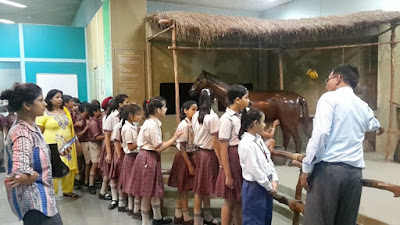Definition
:
Every adjective has three
degrees of its own. They are : Positive, Comparative, Superlative degrees.
There
are two types of Adjectives :
Definition
:
Regular adjectives make their
comparative and superlative forms by adding ‘er’ and ‘est’.
e.g.
|
Positive
|
Comparative
|
Superlative
|
|
bold
|
bolder
|
boldest
|
|
bright
|
brighter
|
brightest
|
|
black
|
blacker
|
blackest
|
|
great
|
greater
|
greatest
|
|
old
|
older
|
oldest
|
|
proud
|
prouder
|
proudest
|
|
warm
|
warmer
|
warmest
|
|
mean
|
meaner
|
meanest
|
Some
adjectives are added with only ‘r’ to form comparative and ’st‘ to form superlative degree.
e.g.
Some
adjectives are added with ‘consonant + er’ to form comparative and ‘consonant
+ est’ to form superlatie degree
e.g.
|
Positive
|
Comparative
|
Superlative
|
|
fat
|
fatter
|
fattest
|
|
red/td>
|
redder
|
reddest
|
|
sad
|
sadder
|
saddest
|
Some
adjectives add ‘er’ and ‘est’ to form comparative and superlative by replacing the last letter ‘y’
into ‘i’
|
Positive
|
Comparative
|
Superlative
|
|
dry
|
drier
|
driest
|
|
busy
|
busier
|
busiest
|
|
early
|
earlier
|
earliest
|
|
ugly
|
uglier
|
ugliest
|
e.g.
If an
adjective has two or more than tow syllables we use more or most to
form comparative and superlative degree
e.g.
|
Positive
|
Comparative
|
Superlative
|
|
active
|
more active
|
most active
|
|
beautiful
|
more beautiful
|
most beautiful
|
|
careful
|
more careful
|
most careful
|
|
proper
|
more proper
|
most proper
|
|
faithful
|
more faithful
|
most faithful
|
When
there is a complete change in comparative and superlative degrees, they are
called irregular adjectives.
e.g.
|
Positive
|
Comparative
|
Superlative
|
|
good
|
better
|
best
|
|
bad
|
worse
|
worst
|
|
little
|
less
|
least
|
|
old
|
older
|
oldest
|
|
far
|
farther
|
farthest
|






























